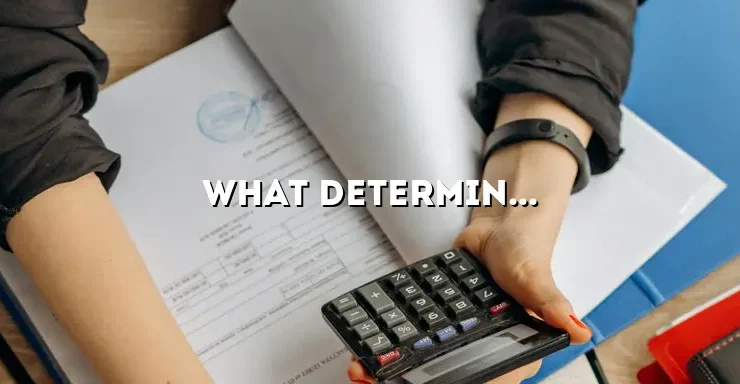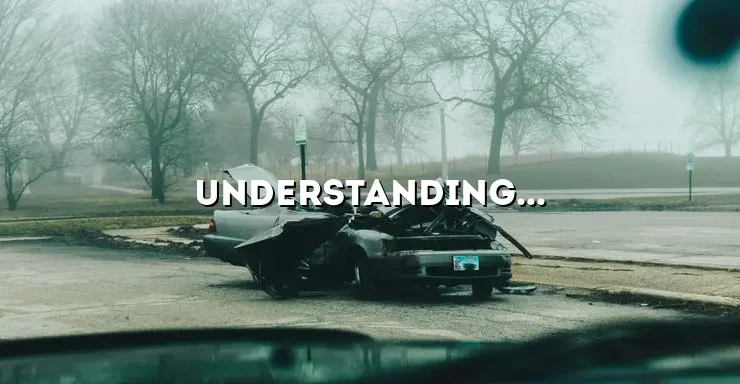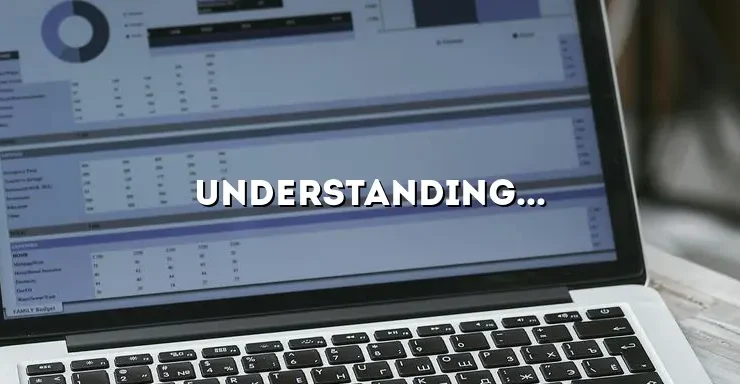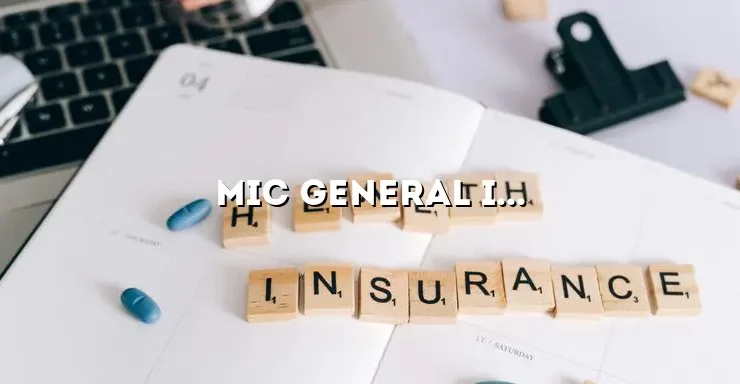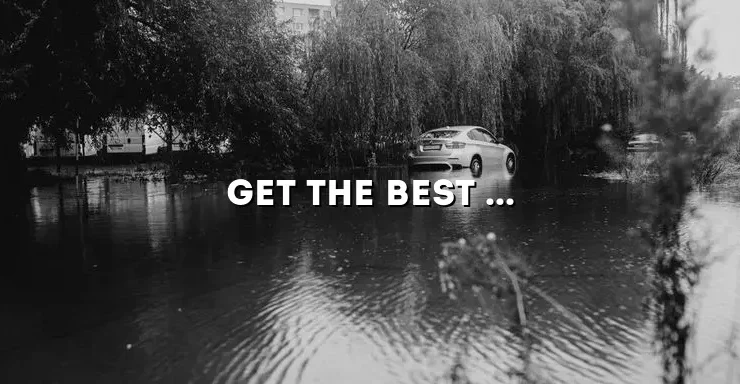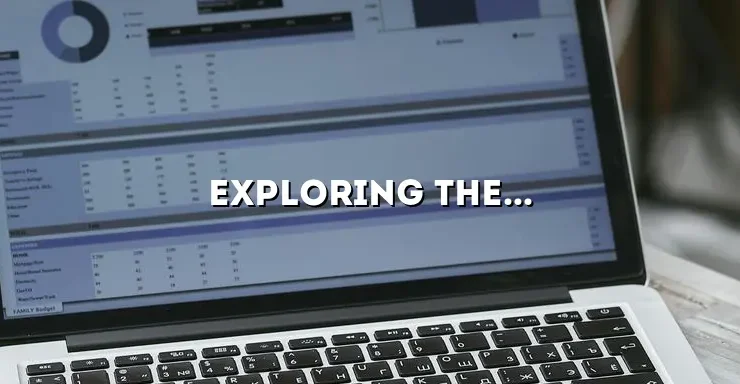
Non-owner insurance in North Carolina (NC) is a unique type of coverage that provides liability protection for individuals who frequently drive but do not own a car. Whether you live in a bustling city like Charlotte or a small town in the mountains, this form of insurance offers valuable protection for those who regularly rent or borrow vehicles.
In this comprehensive guide, we will delve into the details of non-owner insurance in NC, exploring its benefits, coverage options, and how it can provide peace of mind for individuals in various circumstances. From understanding the legal requirements to evaluating the advantages over traditional auto insurance policies, we have got you covered.
Understanding Non-Owner Insurance
Non-owner insurance is a specialized type of coverage designed for individuals who frequently drive but do not own a car. It provides liability protection, which means it covers the costs associated with injuries or damages you may cause to others while driving a vehicle that you do not own. This insurance does not provide coverage for the vehicle itself or any damages that may occur to it.
Who Needs Non-Owner Insurance?
Non-owner insurance is particularly beneficial for individuals who rely on car-sharing services, frequently rent vehicles, or borrow cars from friends or family members. It also serves as a valuable form of coverage for those who are in between owning cars or choose not to own one due to various reasons, such as living in a city with excellent public transportation.
Benefits of Non-Owner Insurance
Non-owner insurance offers several key benefits. Firstly, it provides liability protection, ensuring that if you cause an accident, the costs associated with injuries or property damage to others are covered. This can potentially save you from facing hefty out-of-pocket expenses or legal liabilities. Secondly, non-owner insurance can help you maintain continuous coverage, which can be beneficial for maintaining a good insurance history and preventing coverage gaps that may lead to higher premiums in the future.
Cost Considerations
The cost of non-owner insurance varies depending on several factors. Insurance providers typically consider your driving history, age, location, and the amount of coverage you choose. It’s important to note that non-owner insurance is generally more affordable compared to traditional auto insurance policies since it only provides liability coverage and does not cover the vehicle itself. Additionally, you may be eligible for discounts if you have a clean driving record or bundle your non-owner insurance with other policies.
Legal Requirements in NC
Before obtaining non-owner insurance in NC, it’s important to understand the state’s minimum liability coverage requirements. In North Carolina, drivers are required to carry liability insurance that covers at least $30,000 for bodily injury per person, $60,000 for bodily injury per accident involving multiple people, and $25,000 for property damage. Non-owner insurance can help you meet these minimum requirements and ensure compliance with the law.
Understanding Liability Coverage
Liability coverage is a crucial component of non-owner insurance in NC. It protects you financially if you cause an accident and are held responsible for injuries or damages to others. The bodily injury coverage helps pay for medical expenses, lost wages, and legal fees for injured parties, while property damage coverage assists in covering the costs of repairing or replacing damaged property.
The Role of Uninsured/Underinsured Motorist Coverage
In addition to liability coverage, it is important to consider adding uninsured/underinsured motorist (UM/UIM) coverage to your non-owner insurance policy. This coverage protects you if you are involved in an accident with a driver who does not have insurance or lacks sufficient coverage. UM/UIM coverage can help pay for your medical expenses and property damage if the at-fault driver does not have adequate insurance.
Coverage Options
When obtaining non-owner insurance in NC, it’s important to carefully consider the coverage options available to ensure you have the protection you need. While non-owner insurance typically provides liability coverage, there are additional coverage options to enhance your policy.
Rental Car Coverage
If you frequently rent vehicles, adding rental car coverage to your non-owner insurance policy can provide peace of mind. This coverage extends liability protection to the rental car, ensuring that you are covered for any damages or injuries you may cause while driving it.
Medical Payments Coverage
Medical payments coverage, also known as MedPay, is an optional coverage that can be added to your non-owner insurance policy. It helps cover your medical expenses if you are injured in an accident, regardless of who is at fault. This coverage can be particularly beneficial if you do not have health insurance or have limited coverage.
Additional Liability Limits
While the state’s minimum liability coverage requirements must be met, you may choose to add higher liability limits to your non-owner insurance policy. Increasing your coverage limits can provide extra protection and help safeguard your assets in the event of a severe accident where the costs exceed the minimum requirements.
The Claims Process
In the unfortunate event that you need to file a claim with your non-owner insurance provider, it’s essential to understand the claims process. Knowing what steps to take and how to navigate the process can help streamline the resolution of your claim.
Reporting an Incident
If you are involved in an accident, it’s crucial to report the incident to your non-owner insurance provider as soon as possible. They will guide you through the necessary steps and provide you with the appropriate claim forms to complete. Be prepared to provide detailed information about the accident, including the date, time, location, and the parties involved.
Working with the Insurance Provider
After reporting the incident, your insurance provider will assign a claims adjuster to handle your case. The claims adjuster will investigate the accident, obtain statements from involved parties, and assess the damages. It’s important to cooperate fully with the claims adjuster and provide any requested documentation or information promptly.
Resolution and Compensation
Once the claims adjuster has gathered all the necessary information and assessed the damages, they will determine the appropriate compensation based on your policy coverage and the extent of the damages. If your claim is approved, you will receive compensation for the eligible expenses, such as medical bills or property repairs, as outlined in your policy.
Finding the Right Non-Owner Insurance Provider
Choosing the right non-owner insurance provider is essential to ensure you have reliable coverage and a seamless experience. Consider the following factors when selecting an insurance company for your non-owner insurance policy:
Reputation and Financial Stability
Research the reputation and financial stability of potential insurance providers. Look for companies with positive customer reviews, as well as those that have a strong financial rating from independent rating agencies. This will help ensure that the company is reliable and can fulfill its obligations in the event of a claim.
Coverage Options and Flexibility
Consider the coverage options and flexibility offered by each insurance provider. Compare the available coverage limits, additional coverage options, and any restrictions or limitations that may apply. Choose a provider that offers the specific coverage options that align with your needs and preferences.
Cost and Discounts
Obtain quotes from multiple insurance providers to compare costs. While price should not be the sole determining factor, it is important to find a policy that provides adequate coverage at a reasonable price. Additionally, inquire about any available discounts, such as safe driver discounts or multi-policy discounts, which can help lower your premiums.
In conclusion, non-owner insurance in NC is a valuable form of coverage for individuals who frequently drive but do not own a car. By understanding its nuances, exploring the benefits, and familiarizing yourself with the legal requirements, you can confidently navigate the world of non-owner insurance, ensuring you have the necessary protection wherever the road takes you.

